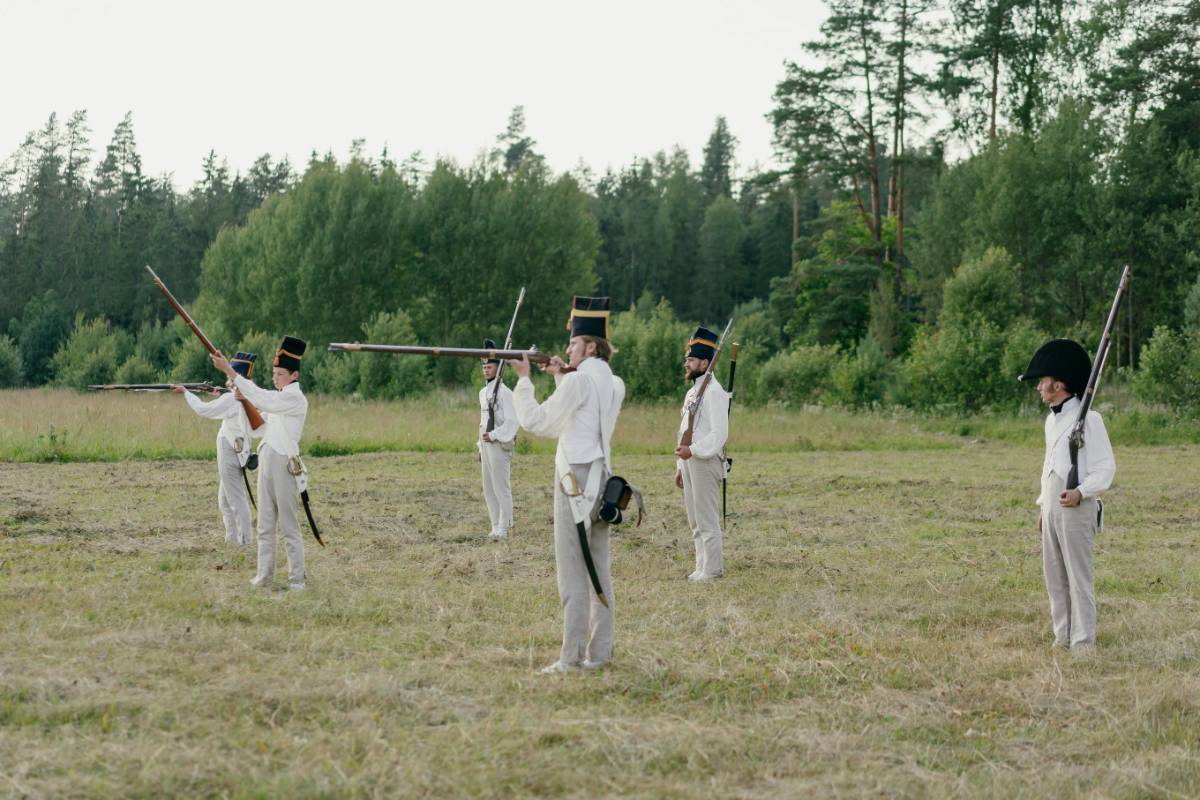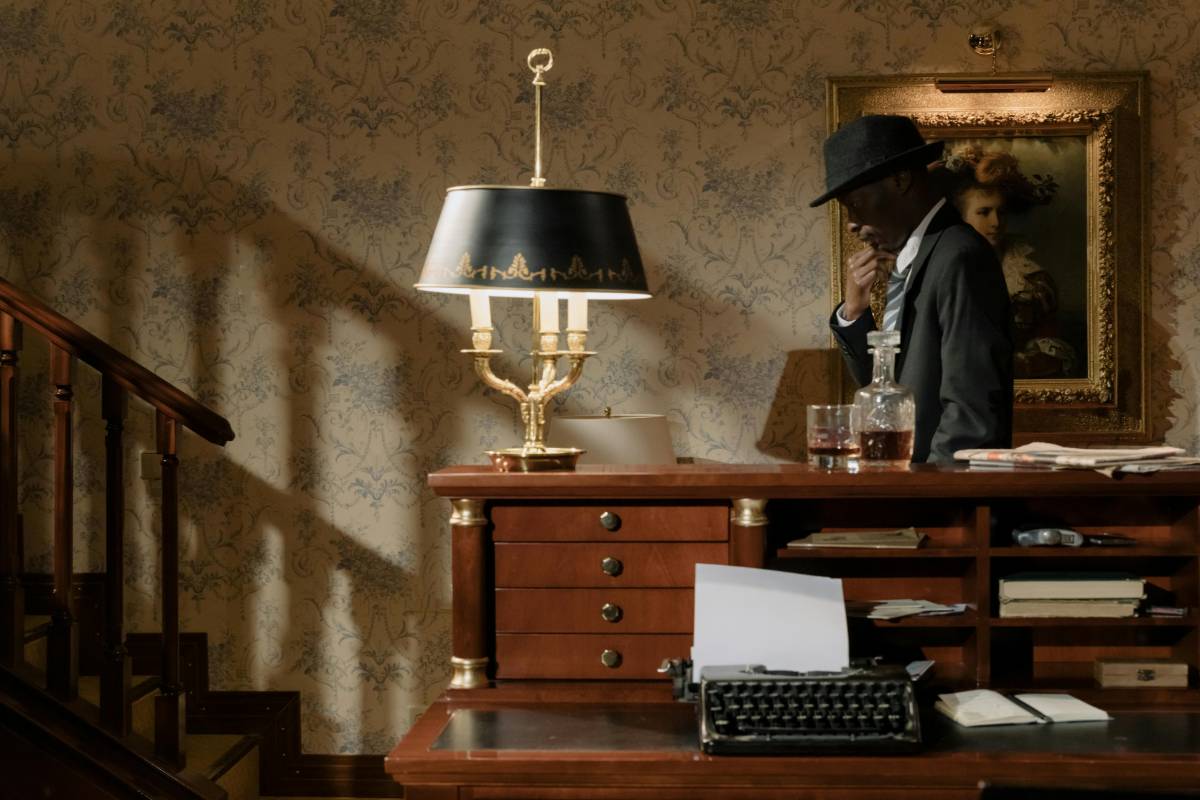Hollywood’s Approach to Historical Accuracy in Movies
18 Sep 2025
Read Time: 5 min read

Hollywood has long been fascinated with history, bringing to life epic tales of the past that captivate audiences worldwide. However, the industry often faces criticism for its portrayal of historical events. Balancing entertainment with accuracy is no small feat, and filmmakers frequently walk a fine line between artistic license and factual representation. In this article, we delve into Hollywood’s approach to historical accuracy in movies and the challenges it presents.
 The Allure of Historical Dramas
The Allure of Historical DramasHistorical dramas have a unique appeal, offering audiences a window into the past while exploring timeless themes like love, power, and betrayal. Movies like “Braveheart,” “Schindler’s List,” and “12 Years a Slave” have not only garnered critical acclaim but also sparked important conversations about the events they depict. However, these films often take creative liberties to enhance the narrative, sometimes at the expense of accuracy.
Filmmakers argue that their primary goal is to tell a compelling story rather than produce a documentary. To this end, they may condense timelines, amalgamate characters, or dramatize events to fit the cinematic format. While these choices can make history more accessible, they also risk perpetuating misconceptions.
One notable example is “Braveheart,” which portrays William Wallace as a heroic freedom fighter leading Scotland against English oppression. While the film’s emotional impact is undeniable, historians have pointed out numerous inaccuracies, from Wallace’s romantic relationships to his depiction as a commoner rather than a knight.
Balancing Facts and FictionAchieving a balance between historical accuracy and creative storytelling requires extensive research and collaboration. Many filmmakers consult historians, cultural experts, and primary sources to ensure authenticity. For instance, Steven Spielberg’s “Lincoln” is widely praised for its meticulous attention to detail, with much of the dialogue based on historical records.
However, even well-researched films face challenges in recreating the past. Cultural context, technological limitations, and the availability of evidence all influence how history is portrayed on screen. Additionally, filmmakers must decide which aspects of the story to emphasize, knowing that their choices will shape audiences’ understanding of the past.

In some cases, historical accuracy is not just desirable but essential. Films like “The Pianist” and “Dunkirk” aim to honor the memories of those who lived through harrowing events, making fidelity to the facts a priority. These movies often resonate deeply with audiences, providing an authentic glimpse into the human experience during pivotal moments in history.
On the other hand, inaccuracies can lead to controversy and backlash. For example, the film “Argo” faced criticism for downplaying the role of Canadian diplomats in the rescue of American hostages during the Iran hostage crisis. Similarly, “The Patriot” was accused of glossing over slavery and presenting a sanitized version of the American Revolution.
💡 Discover More from Hollywood
Artistic license is an inevitable part of filmmaking, allowing creators to fill in gaps, explore “what if” scenarios, and craft engaging narratives. However, filmmakers must tread carefully to avoid distorting history or perpetuating harmful stereotypes. Striking the right balance requires a commitment to truthfulness without sacrificing storytelling.
The recent trend of reimagining historical events with diverse casts and contemporary themes has also sparked debate. While some praise these films for challenging traditional narratives, others argue that they risk erasing important cultural and historical nuances. Movies like “Hamilton” and “The Woman King” highlight this tension, blending historical elements with modern sensibilities.
The Lasting ImpactUltimately, Hollywood’s portrayal of history has a profound impact on how audiences perceive the past. Films can inspire curiosity, empathy, and a deeper understanding of historical events, but they also carry the responsibility of shaping collective memory. As viewers, it’s important to approach historical dramas with a critical eye, appreciating their artistic merits while seeking out the broader context behind the stories they tell.
Stay Informed
Get the latest and most accurate news delivered straight to your inbox. Subscribe now and never miss an update.

Anita Singh
An insightful voice in the industry, crafting content that informs, inspires, and connects with readers.
View all articles →Continue Reading

Travel
How to Make the Most of Business Class Benefits on Your Next Corporate Flight
By David Thompson
02 Oct 2025

Travel
How to Make the Most of Your Corporate Travel Perks – Expert Tips Inside!
By James Carter
31 Aug 2025

Travel
Exploring Indigenous Cultures: Destinations and Responsible Tourism Tips
By Rahul Sharma
20 Sep 2025

Travel
Why Your Corporate Travel Policy May Be Costing You More Than You Think
By David Thompson
18 Sep 2025

Travel
How to Make the Most of Your Airline Miles – Tips from Travel Experts
By Olivia Mitchell
23 Sep 2025












